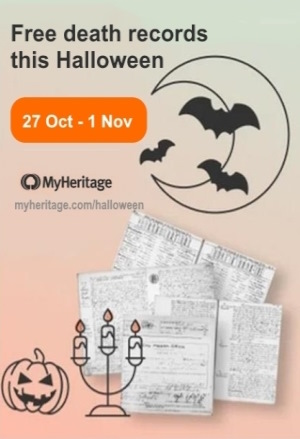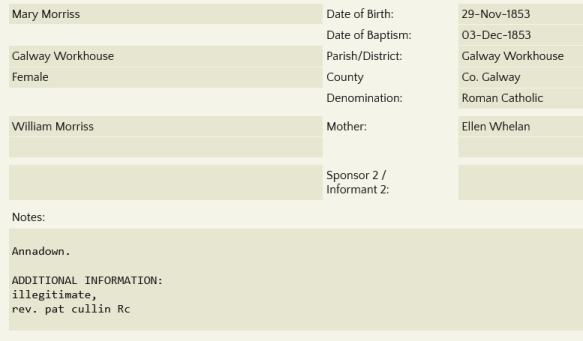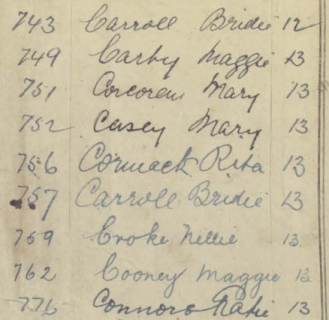The Public Record Office of Northern Ireland is stretching out its centenary in fine style this year by extending the reach of some of its record collections. On this occasion, two more record sets have joined Ancestry and are free to explore on that database. They are as follows:
Ireland, Ulster, Dissenters Petitions, 1775
Penal Laws were introduced in the late 17th century across the island to restrict the religious, political and economic activities of 'dissenters' so that they could not threaten the Protestant (Anglican or Church of Ireland) monopoly of power. While the primary target of these restrictions was the majority Roman Catholic population, the laws applied equally to Presbyterians.
Members of both congregations were barred from all political life and many professions, including the military; they coud not hold land on long leases and could not legally marry unless the ceremony was performed by Church of Ireland clergy.
Presbyterian anger grew throughout the 18th century and finally boiled up in 1774 when a new law excluded them from voting at vestry meetings of the Church of Ireland. In protest, they petitioned Parliament in October and November 1775. The act was repealed the following year.
The original petitions were lost in the 1922 fire at the Four Courts in Dublin. Fortunately, some 4,603 transcripts, copied by genealogist Tenison Groves, have some survived. They exist for five of the six counties that make up what is now Northern Ireland. They can be accessed in PRONI's ecatalogue under T808/ 15307 (see also PRONI's full description of the collection, and are now searchable in a new index created by Ancestry. See right for a sample search result.
Ireland, Londonderry Corporation Minute Books, 1673-1901
This browse-only collection is now viewable through a series of 23 volumes that each cover multiple years of meetings held by the LondonDerry Corporation between 1673 and 1901.
The handwritten books include summaries of Common Council meetings. For genealogists, the material allows you to discover or confirm whether your ancestor was a municial official in LondonDerry, was a prominent business owner or represented an organisation that liaised with the local government.
This release on Ancestry brings the full collection of material together online for the first time. Previously, the books dated 1673–1841 were held by PRONI while later volumes were homed at the Foyle Valley Railway Museum in Derry.
















